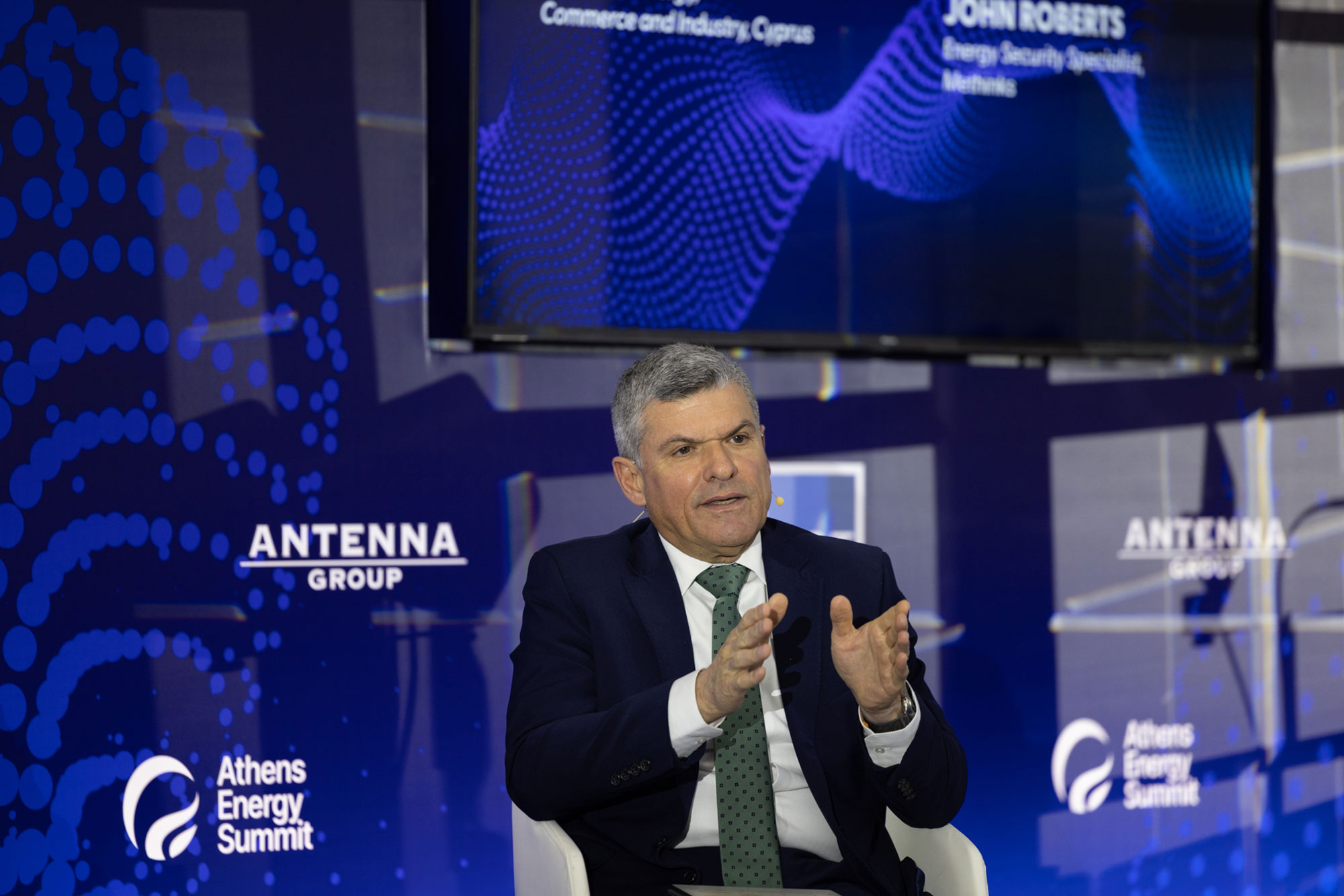Energy Minister George Papanastasiou said on Thursday he was satisfied with the Greek side’s response to a series of questions posed by the Cypriot side about the functioning of the holding company running the Great Sea Interconnector – the mooted subsea electricity cable linking the island to Greece.
“Today we have received the letter of response to our own letter, sent on December 3,” Papanastasiou told reporters coming out of a meeting in Athens with his Greek counterpart Theodoros Skylakakis.
“I believe this letter addresses all the concerns of the Republic of Cyprus, which had expected the Greek side’s response in order that we move on to the next steps.”
By the ‘Greek side’ the minister was alluding both to the Greek government and to Admie (Greece’s Independent Power Transmission Operator), the promoter of the interconnector project.
The ‘next steps’ refers to the idea of the Cypriot state becoming an equity investor in the project.
“The Great Sea Interconnector”, Papanastasiou went on, “is one of the most important projects for the Republic of Cyprus, as it will end our energy isolation and, it goes without saying, that by bringing down electricity costs…this interconnector will provide alternative sources of electricity supply while linking the Republic to the grid in Europe via Greece.”
For his part, Skylakakis said that in his opinion the Greek side’s response answers “to a quite satisfactory degree” the issues raised by Cyprus.
The Cypriot government’s concerns had to do with a series of issues flagged by two foreign consultancy firms commissioned to scrutinise the concession agreement drafted by Admie.
The advisors had found, among others, that the draft concession agreement “is heavily one-sided in Ipto’s (Greece’s Independent Power Transmission Operator Admie) favour and would create an unnecessary, additional layer of risks for any equity investors in GSI.”
Cyprus as a state is considering investing up to €100 million in the holding company.






Click here to change your cookie preferences